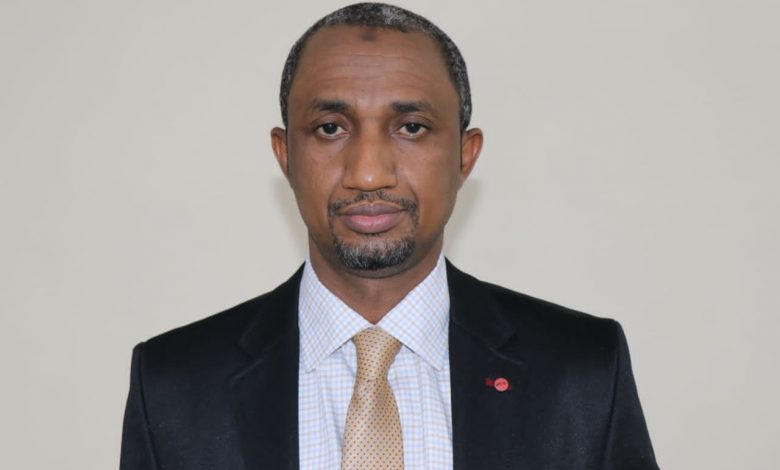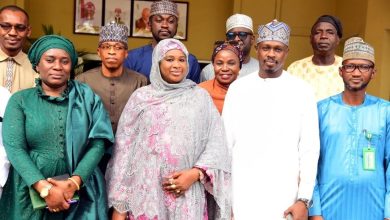Government support key to reducing populace vulnerability to climate change

Appropriate government policy frameework, adaptation and mitigation strategies of climate change will help reduce vulnerability of the populace and speed up development efforts in the Nigerian Meteorological Agency, NiMET.
This was the submission of the Director General, NiMET, Prof. Mansur Matazu at the British High Commission hosted by Youth Consultation on Climate Change and Nationally Determined Contributions.
Speaking on Climate Issues, Opportunities And Solutions In Nigeria, Prof Matazu said, with global relevance and visibility with Government support, NiMET’s products and services were available and multi-sectoral in applications and easy to understand.
According to him, government alone cannot do it, hence the need for effective collaborative partnerships.
He explained that the agency had built infrastructure, develop competencies for effective service delivery of its service as indigenous but international in nature with global relevance.
“Effective Collaboration with MDAs, State Governments, NGOs, Universities and Research Institutions on sustainable strategies to reduce the effects of climate change in Nigeria. These collaborative partnerships will only be sustainable with youths as Climate Actors and integral PART of the solution”.
“These NiMet services are key instrument to reduce effects of changing climate and restore the degrading ecosystem in the country. NiMet, as part of our statutory responsibility will continue to provide meteorological early warning system, identifying severe weather events related to climate change valuable”.
Prof. Matazu explained that the agency embarked on making regular weather and climate predictions to help the public mitigate effects of climate change by way of Early Warning Systems (EWSs) and regular assessment of impacts of climate change.
He also pointed out that, the agency also embarked on regular assessment of climate change and its impacts on the socio-economy activities of the country, through publications.
Such publications according to Matazu, include climate review bulletins now State of the Climate in Nigeria, agromet decadal review bulletins, drought, and flood bulletins, among others.
Prof. Matazu who is also the permanent Representative of Nigeria with WMO revealed that such publications strengthen organs of government, assists government by giving proper and timely advice in the formulation of policies that would help government mitigate the effects of climate change.
According to Prof. Matazu, in the past 150–200 years, considerable changes have taken place in the composition of atmospheric gases due to natural processes and human activities, such as increasing energy consumption, industrialization, intensive agricultural practices, urbanisation amongst others which had led to the rise in global temperature and high spatial and temporal variability.
He remarked that, the changing temperature regime had resulted in considerable changes in the rainfall pattern and a changing climate would result in considerable changes in natural vegetation and in land use practices.
Discover more from Radio Nigeria Lagos
Subscribe to get the latest posts sent to your email.




